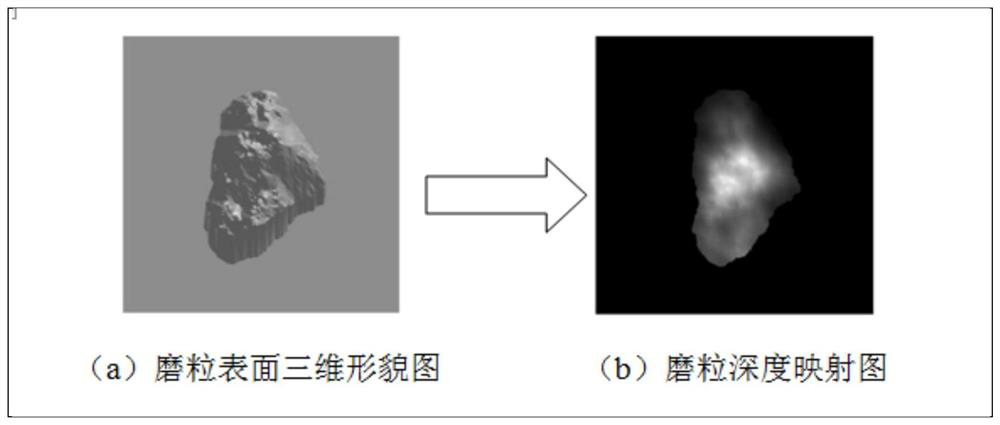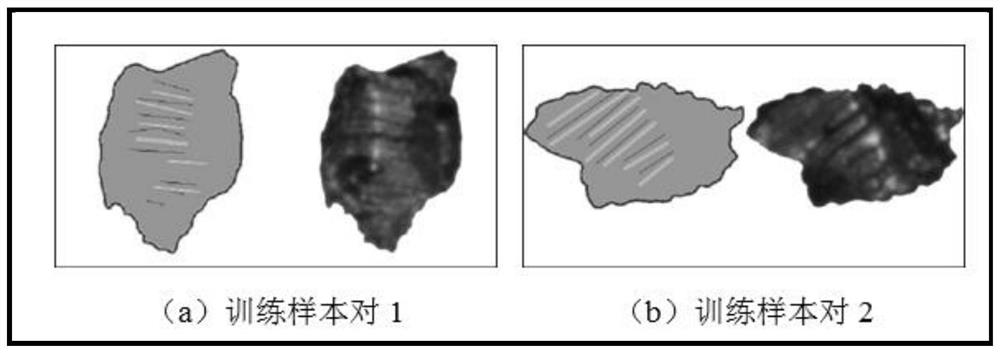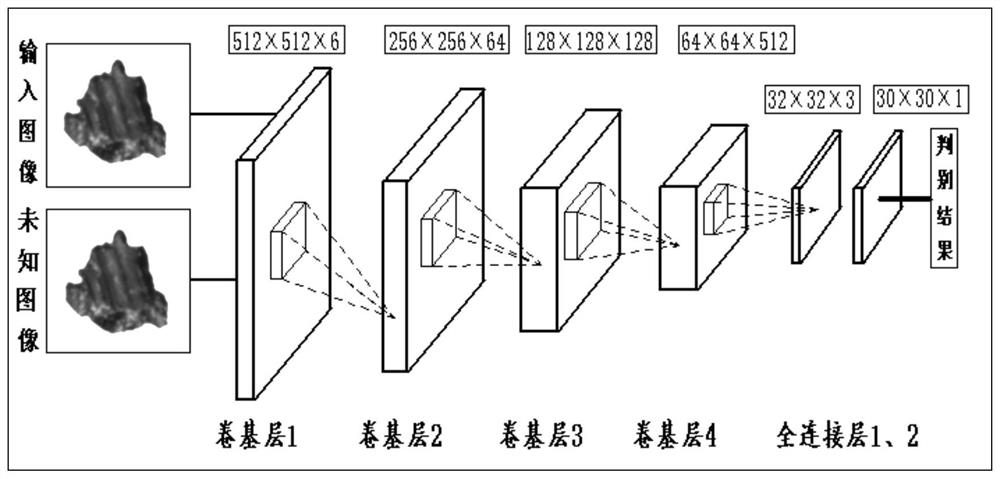A Method of Creating Wear Particle Morphology Database Based on Conditional Generative Adversarial Network
A conditional generation and database technology, applied in still image data retrieval, special data processing applications, computer components, etc., can solve problems such as the application of computer intelligent algorithms
- Summary
- Abstract
- Description
- Claims
- Application Information
AI Technical Summary
Problems solved by technology
Method used
Image
Examples
Embodiment Construction
[0060] Below in conjunction with accompanying drawing, the present invention will be further described.
[0061] A method for creating a three-dimensional wear particle sample database based on a conditional generative confrontation network based on graph transformation, comprising the following steps:
[0062] Step 1. Preliminary expansion of samples based on shape transformation:
[0063] Due to the small number of wear grain images, in order to make the network have enough training samples, 21 original wear grain images (each image represents a wear grain) samples were initially expanded by surface three-dimensional topography transformation, and then 105 3D topography images of original abrasive grains.
[0064] S1: In the HSV color space of the image, the surface height of the abrasive grains is changed through the transformation of the three-dimensional shape of the abrasive grains to realize the preliminary expansion of the sample. The 21 original three-dimensional to...
PUM
 Login to View More
Login to View More Abstract
Description
Claims
Application Information
 Login to View More
Login to View More - Generate Ideas
- Intellectual Property
- Life Sciences
- Materials
- Tech Scout
- Unparalleled Data Quality
- Higher Quality Content
- 60% Fewer Hallucinations
Browse by: Latest US Patents, China's latest patents, Technical Efficacy Thesaurus, Application Domain, Technology Topic, Popular Technical Reports.
© 2025 PatSnap. All rights reserved.Legal|Privacy policy|Modern Slavery Act Transparency Statement|Sitemap|About US| Contact US: help@patsnap.com



